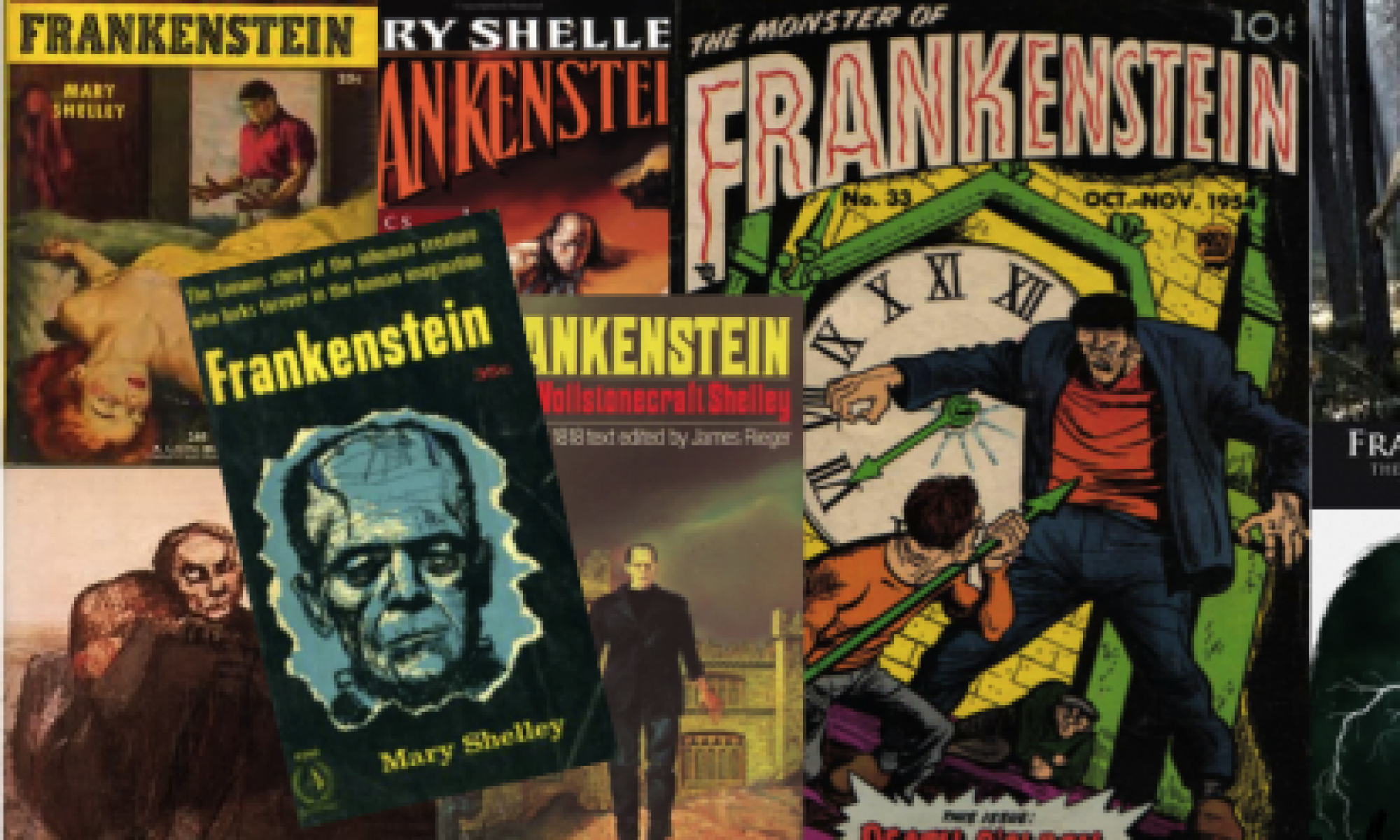In the story of Robinson Crusoe, the young 19-year-old feels as if he is destined to sail the seas and become a rich businessman and navigator by doing so. Though Crusoe is warned multiple times to refrain from navigating the seas, he is adamant about doing so and claims that something insistently calls him back to the sea. At many times, Crusoe feels as if God himself has called him to the life of an adventurer, therefore he must do anything to become a successful sailor. He even relates himself to Job from the Bible saying, “I might well say, now indeed, the latter End of Job was better than the Beginning” (Defoe, 239). This idea of Crusoe believing God wants him to pursue becoming a sailor, even though everything Crusoe does meet him with misfortune, bring up the argument of free will vs. fate. I see Crusoe as a selfish man who would rather indulge in being able to make his own choices rather than being led by God, choosing to do his own path and ignoring a fate in place for him.
At the beginning, where Crusoe asks of his mother and father for permission to leave his house to go adventure. When they refused to grant him permission, he decided to do his own thing relaying, “I consulted neither Father or Mother anymore, nor so much as sent them Word of it” (Defoe, 9) They told him that he that he should stay home and continue with the family business. Crusoe asked his mother if she would give him permission to pursue his dream. She specifically said, “she should not have so much hand in my destruction, and I should never have it to say, that my mother was willing when my father was not,” not giving him her blessing to adventure because she knew his father wouldn’t allow it (Defoe, 9). Not thinking twice about his parents disagreeing with his pursuit, Crusoe was swift in his disobeying his parent. His unhindered abandonment of the 4th commandment, “Honor your father and your mother, that your days may be long in the land which the Lord your God gives you,” was an example of how he chose free will rather than fate. Disobedience and other sin are done in free will, whereas honoring and respecting one’s parents would fall in with fate. His beginning as an adventurer was a result of sin, which God would be against.
Not too long after setting off on his first adventure, Crusoe became sick and the entire crew of his boat was met with an unforgiving storm. Afraid for his life, Crusoe promised God that if he kept him alive through this unforeseen catastrophe, he would go back home and apologize to his parents for being disobedient and remain home doing what he was supposed to. Once God seemingly came to save Crusoe, he completely abandoned the promise he had earlier made. Crusoe said, “… my fears and apprehensions of being swallowed up by the sea being forgotten, and the current of my former desires returned, I entirely forgot the vows and promises that I made in my distress” (Defoe, 10). Once again, Crusoe chooses to ignore fate. I see his being alive after praying to God to spare his life is more than a coincidence, and he chose to overlook the seeming answer to his prayers in his self-centered nature. Again, preferring to do things he sees value in rather than returning to his quite apparent calling.
There are various other instances within the book where Crusoe decides to follow his own decisions after using his “faith” or belief in God. Another example is when he was clearly outmanned by the natives he saw on the island and decided not to attack when they had not threatened him, using his Christian belief of not harming those who he has not been harmed by. But later on, had no problem attacking the Spanish men that reached his island because he had enough manpower, abandoning the Christian belief he had earlier put to effect. Crusoe’s misfortune in this novel is due to his selfishness and disregard of the suggested fate for his life. He suffered for various years due to this negligence and still didn’t turn away from his decisions. Crusoe eventually became prosperous but this was of his own doing when he could have had a comfortable life following his father’s occupation with little to no perceived hardship.
